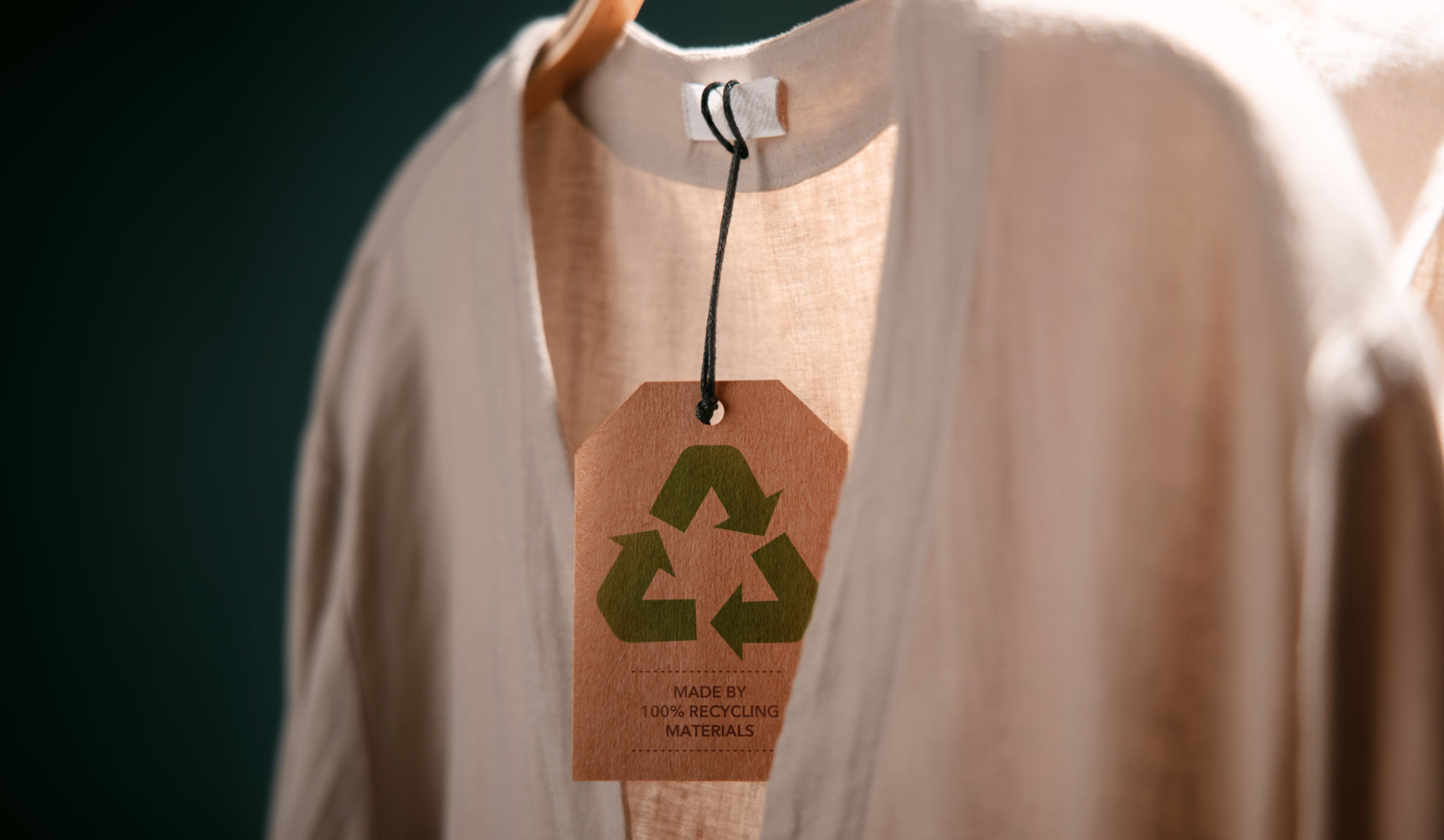The Challenges and Innovations in Cambodian Fashion Manufacturing
Fa
Understanding Cambodia's Fashion Manufacturing Landscape
Cambodia has emerged as a significant player in the global fashion manufacturing industry, known for its skilled workforce and competitive pricing. The sector plays a critical role in the country's economy, providing employment to hundreds of thousands of people. However, the industry faces several challenges that threaten its growth and sustainability.

Challenges Facing Cambodian Fashion Manufacturing
One of the primary challenges is the reliance on low-cost labor, which has led to increased scrutiny over working conditions and wages. Many factories face pressure to improve their standards while maintaining competitive pricing, making it difficult to balance economic sustainability with ethical practices.
Another issue is the lack of diversification in the products manufactured. Most factories focus on producing garments, limiting their ability to adapt to changing fashion trends or explore new markets. This narrow focus can make the industry vulnerable to global market fluctuations.
Environmental Concerns
Environmental sustainability is another pressing concern. Traditional manufacturing processes often involve significant water and energy consumption, as well as substantial waste production. As global awareness of environmental issues increases, Cambodian manufacturers face pressure to adopt more sustainable practices.

Innovations Driving Change
Despite these challenges, innovations are paving the way for a more sustainable and competitive future for Cambodian fashion manufacturing. One notable innovation is the adoption of technology to improve efficiency and product quality. Factories are increasingly investing in cutting-edge machinery and digital solutions to streamline operations.
Sustainable Practices
Many manufacturers are also embracing sustainable practices, such as using eco-friendly materials and reducing waste. Initiatives like recycling programs and water-saving technologies are becoming more common, helping to minimize the environmental impact of fashion production.

Training and Skill Development
To enhance competitiveness, there is a growing focus on training and skill development among the workforce. Programs aimed at improving technical skills and managerial capabilities are essential for increasing productivity and fostering innovation within the industry.
The Future of Cambodian Fashion Manufacturing
The future of Cambodian fashion manufacturing lies in its ability to adapt to these challenges and leverage innovations. By focusing on ethical practices, sustainable production, and technological advancements, Cambodia can strengthen its position in the global market while ensuring long-term economic growth.
As the world moves towards a more sustainable and ethical fashion industry, Cambodian manufacturers have an opportunity to lead by example, driving positive change and setting new standards for the future.
